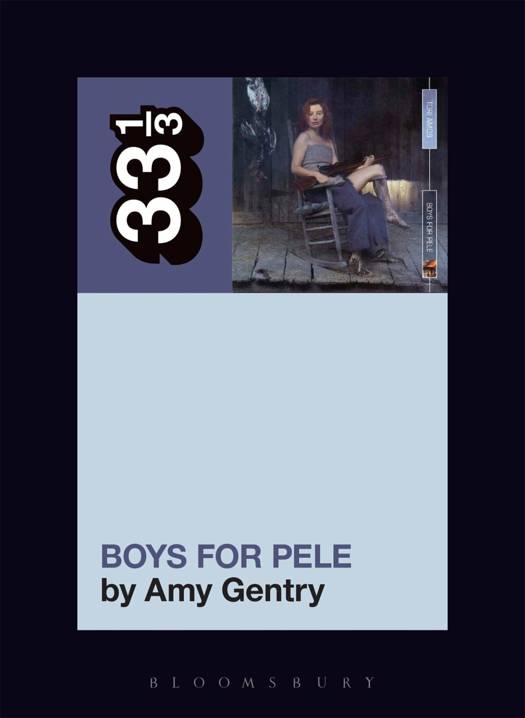
- Afhalen na 1 uur in een winkel met voorraad
- Gratis thuislevering in België vanaf € 30
- Ruim aanbod met 7 miljoen producten
- Afhalen na 1 uur in een winkel met voorraad
- Gratis thuislevering in België vanaf € 30
- Ruim aanbod met 7 miljoen producten
Zoeken
Omschrijving
It's hard to think of a solo female recording artist who has been as revered or as reviled over the course of her career as Tori Amos. Amy Gentry argues that these violent aesthetic responses to Amos's performance, both positive and negative, are organized around disgust-the disgust that women are taught to feel, not only for their own bodies, but for their taste in music. Released in 1996, Amos's third album, Boys for Pele, represents the height of Amos's willingness to explore the ugly qualities that make all of her music, even her more conventionally beautiful albums, so uncomfortably, and so wonderfully, strange. Using a blend of memoir, criticism, and aesthetic theory, Gentry argues that the aesthetics of disgust are useful for thinking in a broader way about women's experience of all art forms.
Specificaties
Betrokkenen
- Auteur(s):
- Uitgeverij:
Inhoud
- Aantal bladzijden:
- 192
- Taal:
- Engels
- Reeks:
- Reeksnummer:
- nr. 135
Eigenschappen
- Productcode (EAN):
- 9781501321313
- Verschijningsdatum:
- 1/11/2018
- Uitvoering:
- Paperback
- Formaat:
- Trade paperback (VS)
- Afmetingen:
- 119 mm x 163 mm
- Gewicht:
- 181 g

Alleen bij Standaard Boekhandel
+ 34 punten op je klantenkaart van Standaard Boekhandel
Beoordelingen
We publiceren alleen reviews die voldoen aan de voorwaarden voor reviews. Bekijk onze voorwaarden voor reviews.











